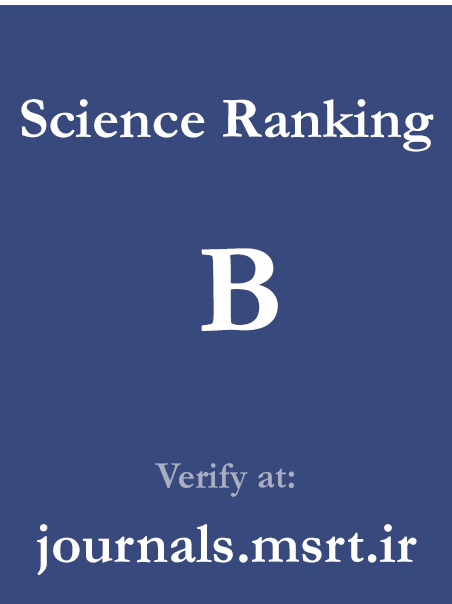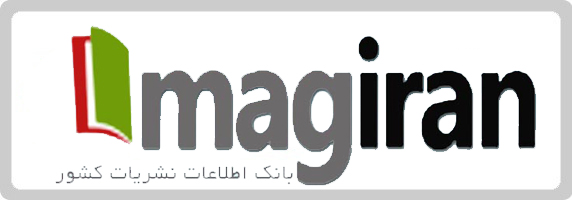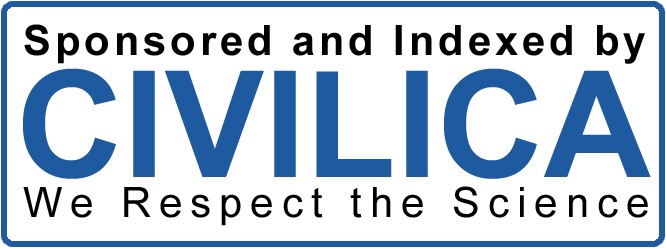Investigating the Dimensions of Student Voice in Co-Constructed Assessment Tasks
Keywords:
student voice, co-constructed assessment, participatory assessment, assessment literacy, pedagogical relationships, qualitative research, secondary educationAbstract
This study aims to explore the dimensions of student voice as expressed and experienced in the context of co-constructed assessment tasks in secondary educational settings. Using a qualitative research design, this study involved semi-structured interviews with 20 participants (students and teachers) from secondary schools in Tehran. Participants were selected through purposive sampling based on their involvement in classrooms where assessment tasks were co-designed or collaboratively modified. Data collection continued until theoretical saturation was reached. All interviews were transcribed verbatim and analyzed thematically using NVivo software. Open, axial, and selective coding methods were applied to identify recurring patterns and to develop a framework representing the conceptual dimensions of student voice in co-constructed assessment practices. Thematic analysis yielded three overarching categories: (1) Participation and Agency, which encompassed student decision-making, preference expression, and autonomy in assessment processes; (2) Pedagogical Relationships and Support, which highlighted the importance of trust, teacher responsiveness, and guided scaffolding of student voice; and (3) Impact on Learning and Assessment Practice, which included increased engagement, enhanced assessment literacy, and a cultural shift toward collaborative and reflective assessment environments. Participants reported that co-construction enhanced their motivation, confidence, and metacognitive awareness, though some noted persistent hesitations and unequal participation across student groups. The findings demonstrate that co-constructed assessment tasks provide fertile ground for activating meaningful student voice, particularly when supported by relational pedagogy and inclusive classroom cultures. Integrating student voice into assessment design promotes deeper learning, shared responsibility, and a more democratic approach to evaluation. However, effective implementation requires intentional scaffolding, cultural sensitivity, and ongoing teacher professional development.
Downloads
References
Andrade, H. L. (2010). Students as the definitive source of formative assessment: Academic self-assessment and the self-regulation of learning. Handbook of formative assessment, 90–105.
Andrade, H. L., & Valtcheva, A. (2009). Promoting learning and achievement through self-assessment. Theory Into Practice, 48(1), 12–19. https://doi.org/10.1080/00405840802577544
Black, P., & Wiliam, D. (1998). Assessment and classroom learning. Assessment in Education: Principles, Policy & Practice, 5(1), 7–74. https://doi.org/10.1080/0969595980050102
Bovill, C. (2014). An investigation of co-created curricula within higher education in the UK, Ireland and the USA. Innovations in Education and Teaching International, 51(1), 15–25. https://doi.org/10.1080/14703297.2013.770264
Bragg, S. (2007). “Student voice” and governmentality: The production of enterprising subjects? Discourse: Studies in the Cultural Politics of Education, 28(3), 343–358. https://doi.org/10.1080/01596300701458905
Brookhart, S. M. (2007). Expanding views about formative classroom assessment: A review of the literature. In J. H. McMillan (Ed.), Formative classroom assessment (pp. 43–62). Teachers College Press.
Cook-Sather, A. (2006). Sound, presence, and power: “Student voice” in educational research and reform. Curriculum Inquiry, 36(4), 359–390. https://doi.org/10.1111/j.1467-873X.2006.00363.x
Fielding, M. (2004). Transformative approaches to student voice: Theoretical underpinnings, recalcitrant realities. British Educational Research Journal, 30(2), 295–311. https://doi.org/10.1080/0141192042000195236
Harris, L. R., & Brown, G. T. L. (2013). Opportunities and obstacles to consider when using peer- and self-assessment to improve student learning: Case studies into teachers' implementation. Teaching and Teacher Education, 36, 101–111. https://doi.org/10.1016/j.tate.2013.07.008
Hill, M. F. (2013). Using student voice to improve assessment in schools. Cambridge Journal of Education, 43(3), 385–398. https://doi.org/10.1080/0305764X.2013.819068
Klenowski, V. (2009). Assessment for learning revisited: An Asia-Pacific perspective. Assessment in Education: Principles, Policy & Practice, 16(3), 263–268. https://doi.org/10.1080/09695940903319646
Levin, B. (2000). Putting students at the centre in education reform. Journal of Educational Change, 1(2), 155–172. https://doi.org/10.1023/A:1010024225888
Lodge, C. (2005). From hearing voices to engaging in dialogue: Problematising student participation in school improvement. Journal of Educational Change, 6(2), 125–146. https://doi.org/10.1007/s10833-005-1299-3
Mitra, D. L. (2004). The significance of students: Can increasing “student voice” in schools lead to gains in youth development? Teachers College Record, 106(4), 651–688. https://doi.org/10.1111/j.1467-9620.2004.00354.x
Paris, D., & Alim, H. S. (2017). Culturally sustaining pedagogies: Teaching and learning for justice in a changing world. Teachers College Press.
Rudduck, J., & Flutter, J. (2007). How to improve your school: Giving pupils a voice. Continuum.
Sadler, D. R. (1989). Formative assessment and the design of instructional systems. Instructional Science, 18(2), 119–144. https://doi.org/10.1007/BF00117714
Willis, J., Adie, L., & Klenowski, V. (2013). Conceptualizing teachers’ engagement in assessment of student learning. Assessment in Education: Principles, Policy & Practice, 20(4), 467–481. https://doi.org/10.1080/0969594X.2013.801945
Downloads
Published
Submitted
Revised
Accepted
Issue
Section
License

This work is licensed under a Creative Commons Attribution-NonCommercial 4.0 International License.




